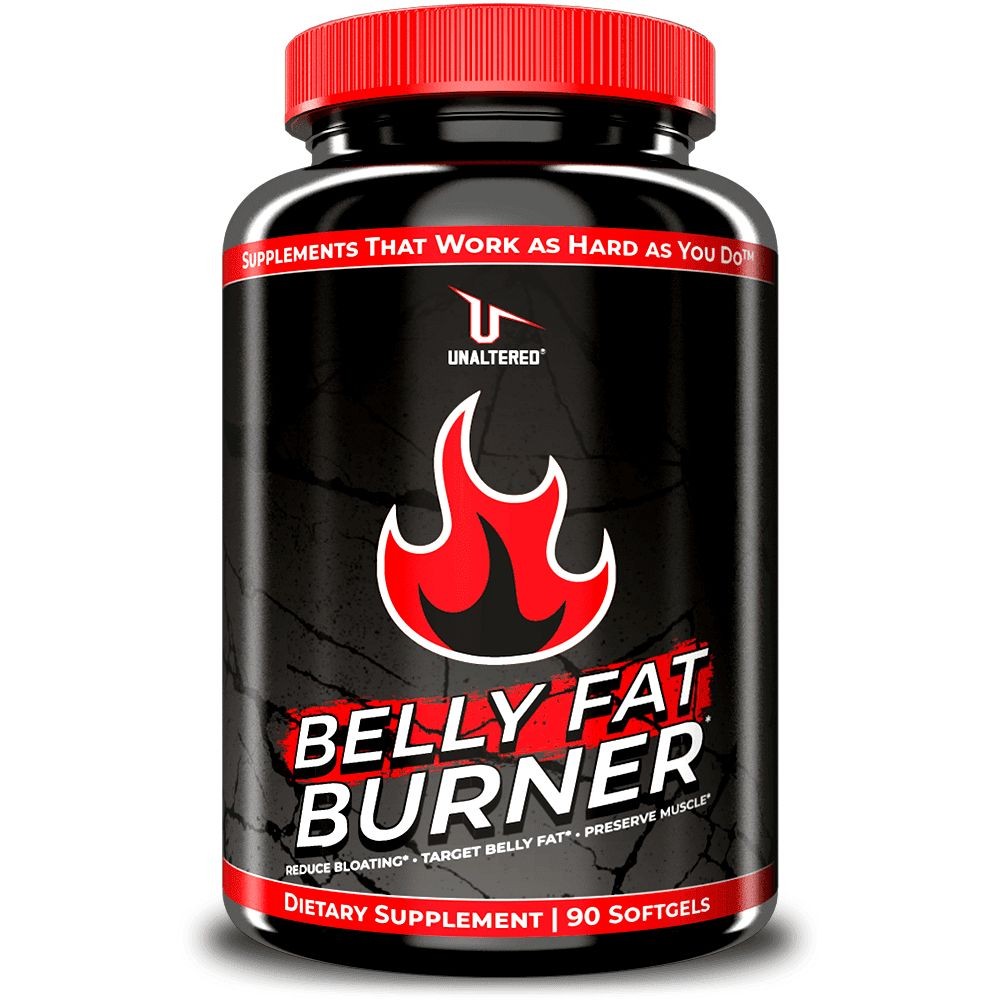
Contents
What Vitamins Are Best for Weight Loss and Losing Belly Fat?
Vitamin C, D, and B vitamins aid body’s metabolic process. These vitamins help lower waist circumference, BMI, and metabolize carbs, protein, and fat adequately.
Significant weight loss takes sustained effort and discipline, but some techniques can also aid the process. Using vitamins for weight loss is one such effective means. This article will list some vitamins that could help you become slimmer.
Your body breaks down food into nutrients that produce energy and utilizes them to carry out critical physiological functions. A healthy metabolism means your body breaks down food efficiently, lowering fat collection and weight gain.
Certain vitamins aid body’s metabolic process. These include vitamins C and D, as well as a collection of B-complex vitamins consisting of thiamin (B1), riboflavin (B2), niacin (B3), pantothenic acid (B5), pyridoxine (B6), biotin (B7), folate (B9), and cobalamin (B12).
We will look at the roles of these vitamins in the metabolic process.
Vitamin C
Studies reveal the importance of vitamin C in maintaining a healthy body mass index (BMI).
One study found that vitamin C levels are inversely proportional to body mass. Adequate levels of vitamin C may help oxidize 30% more fat after working out compared to lower vitamin C levels.
Additionally, healthy levels of vitamin C were linked to lower waist circumference. According to the study, vitamin C helped lower BMI and waist circumference in both men and women. The study involved 20 participants and was carried out over eight weeks.
Another critical function of vitamin C is synthesizing carnitine, which transports long-chain fatty acids into mitochondria for energy production.
Foods rich in vitamin C include:
- Red peppers
- Oranges
- Kiwifruit
- Green peppers
- Broccoli
- Strawberries
- Brussels sprouts
- Grapefruit
Vitamin D
Research has indicated that higher vitamin D levels are linked to lower body weight. Conditions like obesity are also linked to lower levels of this vitamin. While obesity does not directly impact body’s vitamin D production, higher fat volumes may limit its circulation within the system, affecting vitamin-dependent bodily functions.
A study found that the intake of 400 IU of vitamins per day, along with 1,000 milligrams of calcium per day, limited weight gain in postmenopausal women.
Another 2016 study indicated higher serum vitamin D levels when losing weight compared to maintaining steady weight. According to the study, increased levels are due to the release of vitamin D stored in body fat and skeletal muscles during weight loss. However, more research is needed to understand whether vitamin D universally helps with weight loss.
Regardless, Vitamin D helps body absorb calcium in gastrointestinal tract and uses it to metabolize glucose. Indirectly, low vitamin D levels result in poor calcium absorption, and higher calcium levels have been linked to lower body weight and lesser weight gain.
Research has shown that higher vitamin D levels lower obesity risk and BMI in children, middle-aged, and older women.
The most abundant source of vitamin D is sunlight, triggering its production in the body when UV rays from the sun come in contact with the skin. Other sources include:
- Cod liver oil
- Salmon
- Mushrooms
- Milk and milk products like cheese
B vitamins
Some B vitamins and their essential functions are:
- Thiamin (B1): Part of essential cofactor converting carbohydrates to energy
- Riboflavin (B2): Important cofactor in mitochondrial respiratory chain converting food into energy
- Niacin (B3): Another cofactor in mitochondrial respiratory chain
- Pantothenic acid (B5): Vital part of Krebs cycle releasing energy by breaking down carbohydrates, fats, and proteins
- Pyridoxine (B6): Aid in converting food into energy and metabolizing proteins and amino acids
- Biotin (B7): Critical cofactor breaking down fatty acids and amino acids, aiding in utilization of other B vitamins
- Folate (B9): Vital cofactor for several metabolic pathways
- Cobalamin (B12): Breaks down fats and carbohydrates
Important food sources of these vitamins include:
- Thiamin (B1): Whole grains, rice, pork, fish, black beans, and soybeans
- Riboflavin (B2): Eggs, organ meats (like kidneys and liver), low-fat milk, mushrooms, and spinach
- Niacin (B3): Poultry, beef, pork, fish, legumes, and grains
- Pantothenic acid (B5): Beef, poultry, eggs, milk, mushrooms, avocados, potatoes, broccoli, whole wheat, brown rice, oats, peanuts, sunflower seeds, and chickpeas
- Pyridoxine (B6): Poultry, fish, organ meats, potatoes, and fruits (except citrus)
- Biotin (B7): Beef liver, eggs, salmon, pork, avocados, sweet potato, nuts, and seeds
- Folate (B9): Spinach, turnips, lettuce, asparagus, Brussels sprouts, broccoli, beans, sunflower seeds, peanuts, fresh fruits, whole grains, eggs, and seafood
- Cobalamin (B12): Fish, meat, poultry, eggs, clams, beef liver, milk, and other dairy products
Recent research has identified several essential B vitamins for biochemical processes. These vitamins are vital components of molecules regulating metabolic processes. Lack of vitamins can impact energy production.
If deficient in a particular B vitamin, it can also impact other vitamin functions vital for metabolism. For example, adequate levels of B6 and B9 are needed to properly utilize B12. B6 is directly responsible for protein metabolism.
B1 is another vitamin needed to metabolize carbohydrates, proteins, and fats. A healthy metabolism keeps weight in check and utilizes nutrients for energy production instead of storing them as fat.
QUESTION
Vitamins are essential for a healthy metabolism
Vitamins improve metabolism, but supplements usually don’t have a great impact on weight loss as your body gets vitamins from your diet. The best way to maintain a healthy metabolism is by eating a balanced, nutritious diet.
Supplements can be helpful if deficient in certain vitamins, but check with your doctor before taking them to aid weight loss efforts.
Sources: Bridgewater State University, Harvard T. H. Chan School of Public Health, National Institutes of Health, The American Journal of Clinical Nutrition, The Journal of International Medical Research, The Journal of Nutrition.

